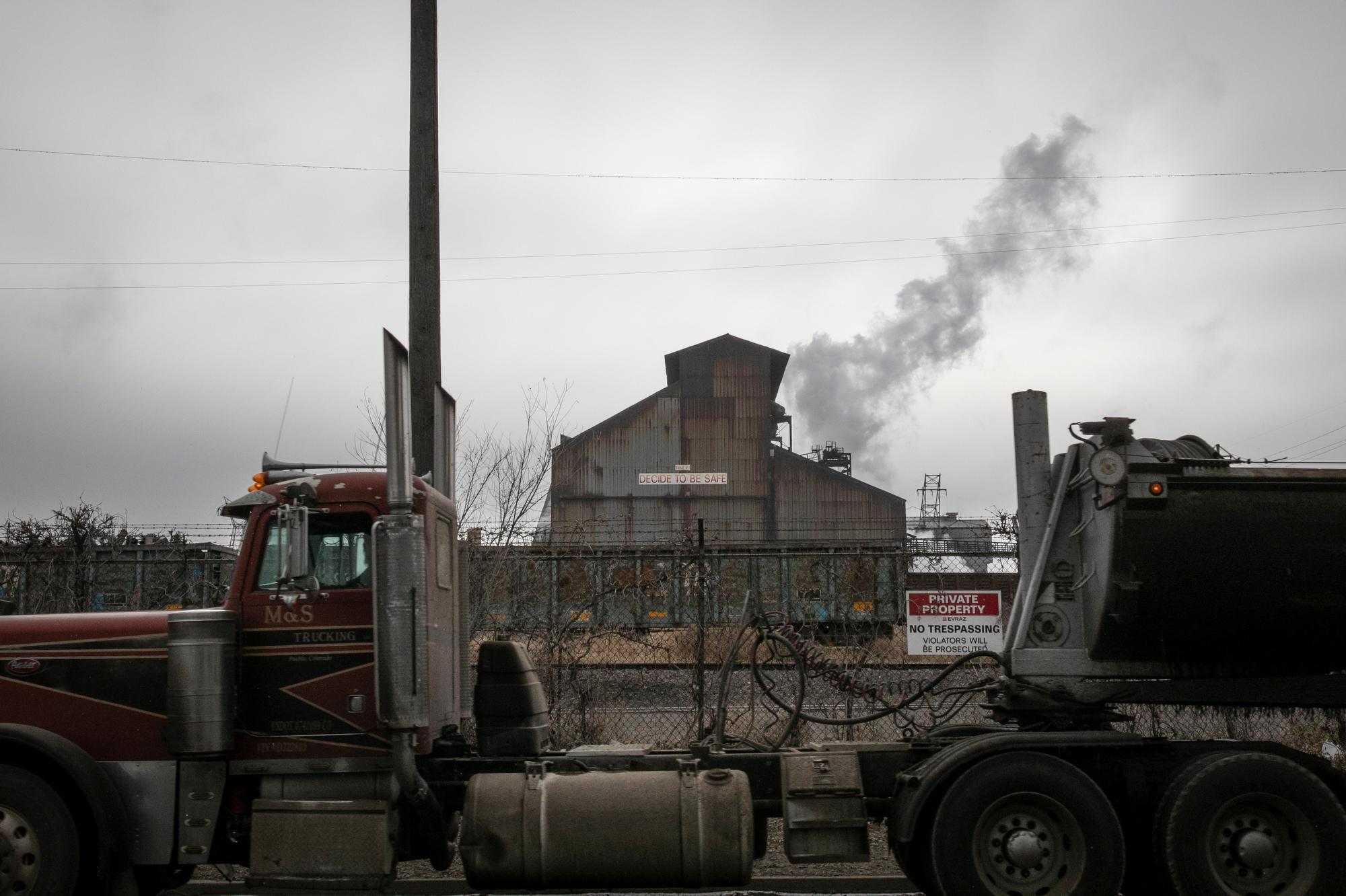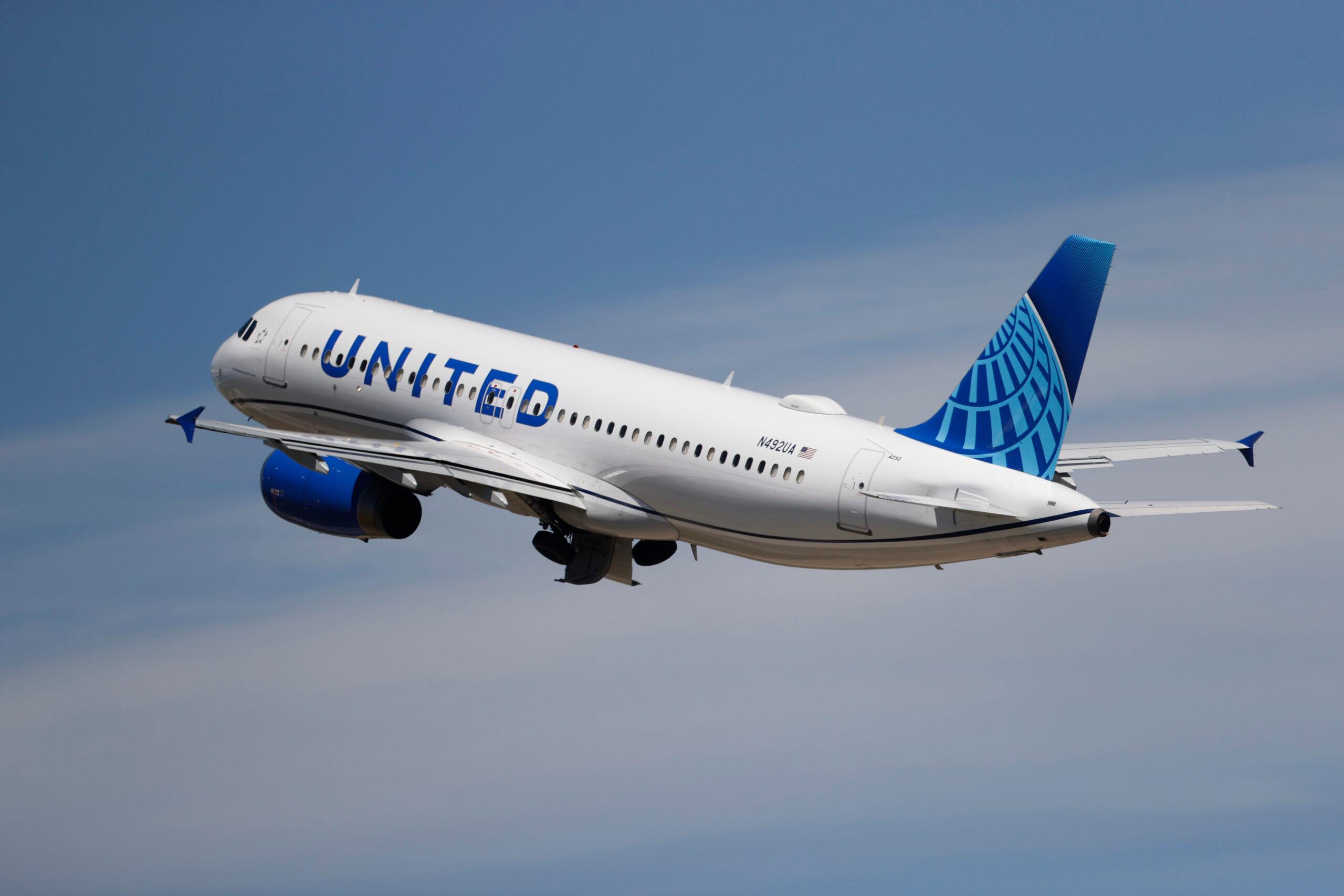Originally published on November 9, 2016 4:33 am
While Colorado favored Hillary Clinton, Donald Trump became president in the election. The bitter division over the future of the country didn’t stop Colorado voters from returning establishment candidates to Washington.
Democrat Michael Bennet held onto his U.S. Senate seat, giving an impassioned acceptance speech that promised to end the familiar acrimony of today’s politics.
“Tonight I commit to you that I will work with our governor and our congressional delegation no matter how any of these races turn out to look for every opportunity to reach across the aisle for the benefit of our state and to establish a model for every other state and delegation in the union,” Bennet told a crowd of supporters.
Bennet, whose positions were often aligned with President Obama’s, will remain in the minority in Washington. Republicans held onto the U.S. Senate, and one of the first tasks Bennet is likely to face is the approval of a Trump nominee for Supreme Court.
Republicans retained control in the U.S. House as well. Colorado’s four Republican and three Democrat representatives seeking reelection kept their seats. One of the victors, U.S. Rep. Mike Coffman, a Republican, won a fifth term against his Democratic challenger, former state Sen. Morgan Carroll.
“For months now, pundits have declared this race nearly impossible to win,” Coffman said. “The environment was too tough they said. Republicans are too divided they said, and a Republican could never win the support of minority communities they said -- and we proved them wrong.”
On the Western Slope, three-term Republican Rep. Scott Tipton defeated Democratic challenger Gail Schwartz. Democrats Diana Degette, Jared Polis and Ed Perlmutter were reelected along with Republicans Ken Buck and Doug Lamborn.
Several ballot measures were successful, including Proposition 106, medical aid in dying, which gives terminally ill patients the right to take their own lives with approval and a prescription from doctors, and Amendment 70, which increases in the minimum wage to $12 over the next three years.
Tony Gagliardi, the Colorado State Director for the National Federation of Independent Business, worried about the effect of the increase on the state economy.
“When labor costs increase, then employers can do nothing but do everything they can to reduce that labor cost,” he said. “That will be through a reduction of hours or less full time positions. It also eliminates that entry level job for the 16 to 25 year old.”
The current minimum wage is $8.31 per hour.
ColoradoCare, Amendment 69, failed. It would have replaced Obama’s health care law in the state with a universal coverage plan funded with payroll taxes.
Owen Perkins, a spokesman for ColoradoCareYES, said the campaign was a grassroots effort defeated by some of “the biggest multi-billion dollar corporations in the country.”
The proposal, a $25-billion-a-year tax, had the backing of many progressives, including Bernie Sanders of Vermont, a state that previously tried and failed to set up a universal health care system.
For a full tally of Colorado’s election results, click here.
Jackie Fortier and Bente Birkeland contributed reporting to this story.
Copyright 2016 KUNC-FM. To see more, visit KUNC-FM.









